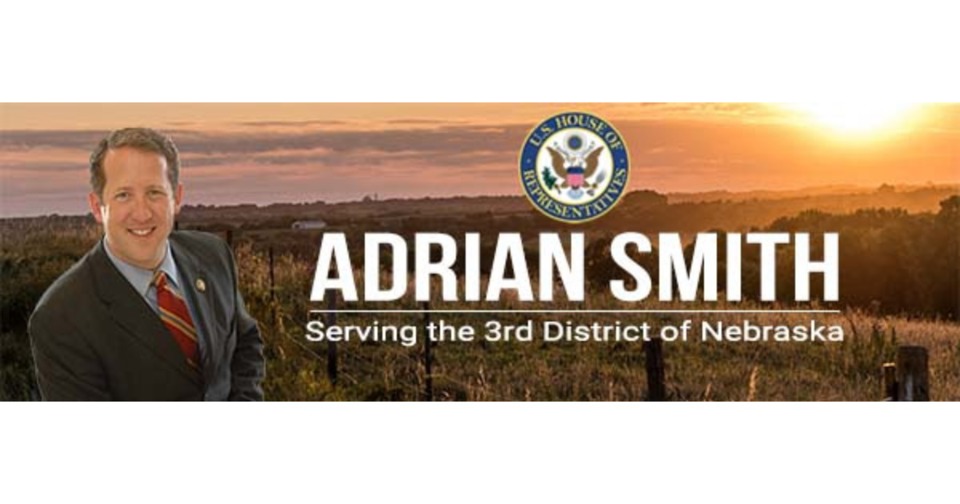Better Choice for Students

A good education is foundational for a child’s future. By setting the stage for success, quality K-12 education can be a difference maker in strengthening communities and safeguarding the future of our nation. Unfortunately, many parents across America have little say over their children’s education due to socioeconomic status or a lack of options where they live. To make matters worse, challenges stemming from lack of access to quality education have been exacerbated by learning loss from COVID-era school closures.
As a member of Congress, I recognize my responsibility to find ways to help more families pursue the best possible educational opportunities for their children within a federal system which rightfully leaves most day-to-day details of education to the states.
To accomplish this, we need to think differently and take advantage of new ideas. To improve K-12 student outcomes, increasing the number of options available to families across America is key to improving education for students in public, private, homeschool, and other settings.
In recent years, the parental rights movement has reinforced the central role parents play in their children’s education. We have seen through the success of parental rights protections and the popularity of school choice initiatives how empowering parents gives them—not the government—the freedom to decide where to send their children to school and to tailor their children’s education to their specific needs. Today, 32 states and the District of Columbia have some form of school choice.
It stands to reason, when institutions compete to best serve students and families, it raises the standard of education and improves outcomes for students. I applaud the educators I know who make it their goal to open more doors to students and empower them with greater opportunity. It would be a disservice to them, and to future generations, to leave the chance to maximize the availability of quality schooling on the table.
This week, in the House, the Committee on Ways and Means advanced a bill I introduced with Rep. Burgess Owens (R-UT), the Educational Choice for Children Act (ECCA). The legislation has the potential to change the educational landscape for families across the country by generating significant new investments in scholarships for K-12 tuition and educational resources. This marks the first time a nationwide school choice bill has passed out of committee in the history of Congress.
If signed into law, ECCA would enact an innovative tax incentive through which individuals could receive a tax credit for donating to a scholarship granting organization (SGO) within their respective state. These SGOs would then award scholarships for tuition, books, and other expenses to deserving children. Funds may be awarded to students whose families may be struggling to cover costs in public, private, and homeschool settings.
For existing state-level school choice programs, ECCA would be complementary and avoid any new mandates on states and localities. Perhaps most impressively, it would do all this while requiring no new federal funds or taking from any existing education funding to implement.
To build for the future of our country, fighting for students must be our goal. If enacted, ECCA would expand educational freedom and opportunity for students. I look forward to its consideration by the full House as we continue to do all we can do to invest in families through K-12 education in America.
